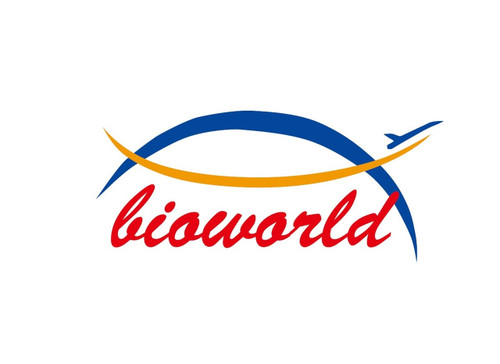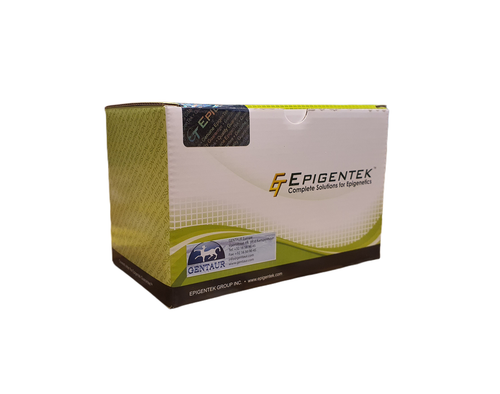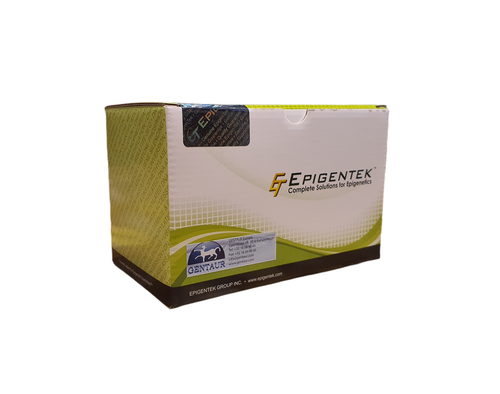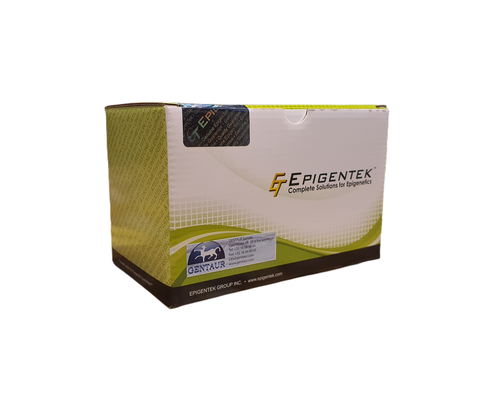Product Description
APEH polyclonal Antibody | BS8085 | Bioworld
Host: Rabbit
Reactivity: Human,Mouse,Rat
Application: WB
Application Range: WB 1:500 - 1:2000
Background: APEH (Acyl-peptide hydrolase), also known as APH, OPH or ACPH, is a 732 amino acid cytoplasmic protein that exists as a homotetramer and functions to catalyze the hydrolysis of N-terminal acetylated amino acids from small acetylated peptides. Once hydrolyzed from the target peptide, the acetyl amino acid is further processed by an aminoacylase to produce acetate and a free amino acid. The gene encoding human APEH maps to a region on chromosome 3 that is deleted in various types of cancers, including renal cell carcinoma and small cell lung carcinoma, suggesting that APEH may be involved in tumor transformation events. Chromosome 3 is made up of about 214 million bases encoding over 1,100 genes, including a chemokine receptor (CKR) gene cluster and a variety of human cancer-related gene loci. Key tumor suppressing genes on chromosome 3 include those that encode the apoptosis mediator RASSF1, the cell migration regulator HYAL1 and the angiogenesis suppressor SEMA3B.
Storage & Stability: Store at 4°C short term. Aliquot and store at -20°C long term. Avoid freeze-thaw cycles.
Specificity: APEH polyclonal Antibody detects endogenous levels of APEH protein.
Molecular Weight: ~ 81 kDa
Note: For research use only, not for use in diagnostic procedure.
Alternative Names: Acylamino-acid-releasing enzyme; AARE; Acyl-peptide hydrolase; APH; Acylaminoacyl-peptidase; Oxidized protein hydrolase; OPH; APEH; D3F15S2; D3S48E; DNF15S2
Immunogen: Recombinant full length Human APEH.
Conjugate: Unconjugated
Modification: Unmodification
Purification & Purity: The Antibody was affinity-purified from rabbit antiserum by affinity-chromatography using epitope-specific immunogen and the purity is > 95% (by SDS-PAGE) .
Pathway:
 Euro
Euro
 USD
USD
 British Pound
British Pound
 NULL
NULL








